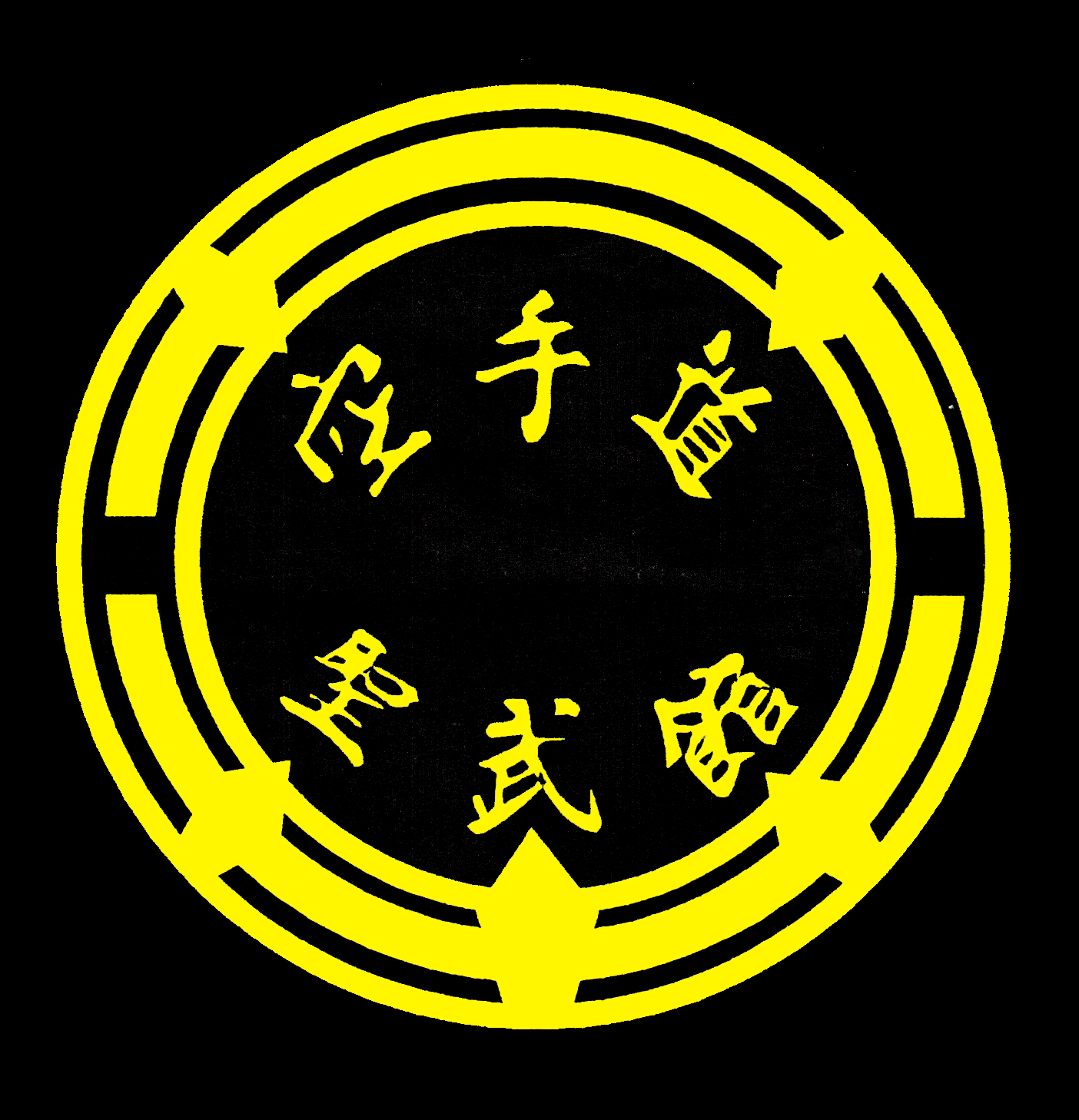Item List

Clayton is a fish biologist for the Government of Canada.
"I would start by saying that my motivation for karate has evolved greatly from my first class until now. At one point I wanted to learn self defense, gain rank, and become more fit. However, that changed several years ago. Primarily, I think of karate as an excellent form of active meditation in which by participating and putting all my effort into it, I hope to become a better person to everyone. Not just friends and family, but everyone. I am inspired by many of the great teachers in Seibukan, not just because of their tremendous technique but because they have impeccable character."

Lucy is Program Director, Faculty of Education - International Initiatives at the University of Alberta. She has decades of experience teaching adults and children, in both Canada and Japan.
"Karate goes beyond it being something we do as a family, exercise, a tremendous community of people, or a reason to return regularly to Japan, a place that welcomed me for a few years in my youth and was formative to all aspects of my life. There’s something about the why that eludes words, but at times surfaces in the many gifts I receive from the sensei who teach me: particular moments, teachings, stories, or just the incredible patience demanded of them by this student. At other times the why is precisely in how words fail. Karate is an embodied practice and my body reveals, whether it’s through the performance of a kata, a technique, or the act of mokusō [silent meditation], my efforts, dedication, and both my potential and my shortcomings. Neither pretty words nor excuses can make up for that and it drives me forward, even when I fail."


